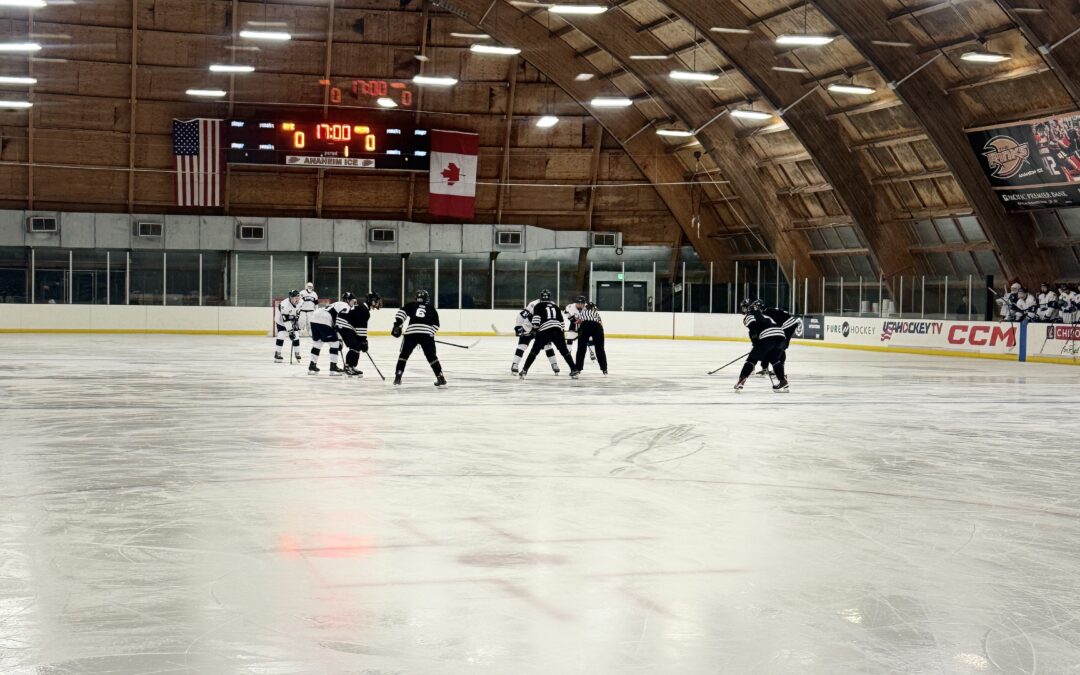As the junior, college, and youth hockey seasons wrap up, now is the time to reflect, recover, and reset. Whether you’re heading into the USA Hockey National Championships, NCAA Frozen Four, or Junior Playoffs—or watching from the sidelines—this is a crucial period to evaluate your season and prepare your mind and body for the next step in your hockey journey.
Reflect on Your Season: The Good, the Bad, and the Growth
Start by reviewing both the highlights and challenges of your season. Break this reflection down into two parts: team performance and personal performance.
-
Team contributions: Think about how you made an impact on your teammates—on and off the ice. Did you play a key role on the penalty kill? Did you score game-changing goals? Were you a leader in the locker room or during team meetings?
-
Personal development: What habits helped you grow as a player? What areas still need improvement?
Even if you’re not returning to the same team next year, reflecting on these aspects helps set meaningful goals for the off-season.
The Importance of Physical and Mental Recovery
Hockey seasons are demanding. Players may compete in 25 to 80 games, not to mention practices, travel, and training sessions. That intensity takes a toll—both physically and mentally.
Now is the time to:
-
Take a break. Step away from the ice and the gym. Reconnect with other interests. Let your body—and your mind—recover.
-
Address nagging injuries. Don’t carry lingering issues into next season. Get the treatment you need now.
-
Focus on low-impact training. Work on flexibility, mobility, and stabilizer muscle strength. These small but important areas help prevent injuries down the road.
Use Feedback to Shape Your Off-Season Plan
If you had an exit interview with your coach, use that feedback to your advantage. If not, don’t hesitate to reach out and ask for guidance.
Compare yourself to others playing at your desired level:
-
What are your strengths?
-
Where do others have the edge?
-
What skills need work—speed, strength, puck handling, shot accuracy?
This kind of self-assessment is key to crafting a smart and personalized training plan.
There’s No One-Size-Fits-All Off-Season Program
Your off-season should reflect your goals, schedule, and physical needs. Some players have extended seasons due to playoffs. Others are heading into showcases or camps. Your plan might change year to year—and that’s okay.
The goal remains the same: maximize your off-season so you show up to training camp stronger, faster, and more prepared than ever.
Chris Phillips is a Certified Athletic Trainer and Strength and Conditioning Specialist with over 30 years of experience in professional sports, including eight seasons in the NHL with the Anaheim Ducks and Washington Capitals. He is the founder of Compete Sports Performance & Rehab in Orange County, California, where he trains youth, college, and professional athletes.
For more resources or to get in touch, visit www.competeperformance.com.

